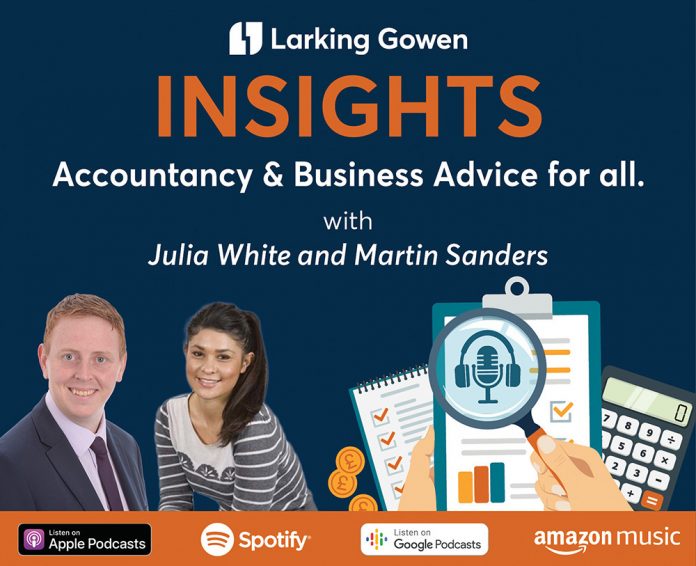So far in 2022, energy prices have risen at unprecedented levels. Domestic households have had some respite from the rising energy costs due to the Ofgem price cap, which limits the timing and number of increases. However, the price cap doesn’t apply to business customers, including those in the tourism industry.
Unless businesses were fortunate enough to be tied into fixed contracts, they will have seen significant increases to their energy prices and therefore the overhead costs of running the business.
The crisis
Whilst all businesses have been affected, those whose operation is energy intensive have been hit hardest. They face difficult decisions about the product they’re offering as they’ve been unable to absorb the increased costs themselves.
In a recent discussion with a client, it emerged their monthly gas and electricity bills had increased from £8,000 per month to £32,000 per month. If this were replicated across a whole year, it would add to the business costs of £288,000 solely from increased energy costs.
Without adjusting the prices charged to customers, such increases would make the business unsustainable. This is all against a backdrop of increasing inflation rates, resulting in increased costs across all areas of businesses as well as reducing the disposable income of customers.
Many businesses have tried to reduce the impact of increasing costs by taking any steps they possibly can. These include putting up prices, reducing opening times and changing the way they work to cut down on energy consumption. Some have been able to invest in more energy efficient technology. For others though, they are operating on such tight margins that their increased costs may lead to the closure of their business.
Support
Some welcome support was recently announced by, then Prime Minister, Liz Truss. She confirmed that a new scheme for businesses will be put in place, from 1 October 2022, for six months. This will give businesses similar support to that being offered to consumers (i.e. a cap on the prices that can be charged by suppliers, with the government paying the costs above the price cap to energy suppliers).
Further government support will be provided to ‘vulnerable’ industries after the conclusion of the initial six months’ support, and hopefully this will include tourism, leisure and hospitality.
Interestingly, there were no announcements on further support on energy costs for businesses in the recent Autumn Statement. However, another announcement saw a business rates relief for those in the retail, leisure and hospitality industries, with relief increasing from 50% to 75%, capped at £110,000 per business in 2023/24.
The impact of rising costs on the tourism industry is certainly a concern and, no doubt, we’ll all be watching for further announcements from the government.
Fellow tourism sector specialist, Julia White, and I chatted recently about the impact of the cost-of-living crisis and other current economic strains on the sector on Larking Gowen Insights – a new podcast series from Larking Gowen, where specialists in our firm talk on a variety of subjects. We discussed VAT, energy costs, staffing and what we are seeing within our clients’ businesses, and explored how to relieve the pressure on businesses in the tourism sector.
You can listen to the episode on Apple Podcasts, Spotify, Amazon Music or wherever you get your podcasts.
Find out how our Tourism, Leisure and Hospitality team could help your business, by visiting www.larking-gowen.co.uk/tourism-insights or contact Martin Sanders on 0330 024 0888 or at
martin.sanders@larking-gowen.co.uk.
This article is designed for the information of readers. Whilst every effort is made to ensure accuracy, information contained in this article may not be comprehensive and recipients should not act upon it without seeking professional advice. “Larking Gowen” is the trading name of Larking Gowen LLP, which is a limited liability partnership registered in England and Wales (LLP number OC419486). Where we use the word partner it refers to a member of Larking Gowen LLP. ©Larking Gowen





